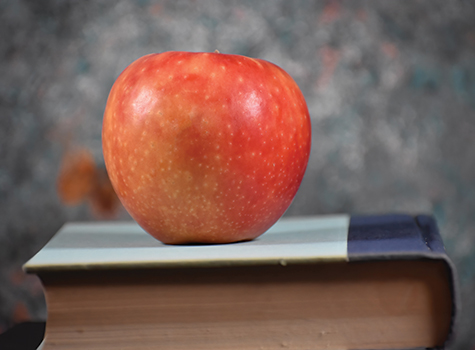By Hiren Deliwala

As children, we are accustomed to structure and guidance. Parents and guardians enforce schedules, ensure we participate in activities, and hold us accountable for commitments. But as we grow older and become our own bosses, we often shed this external discipline. We start believing that rules and routines no longer apply to us. While this newfound autonomy feels liberating, it can have significant consequences, particularly in areas like health and personal growth.
One of the most noticeable effects of this lack of discipline is neglecting our health. Activities like waking up early, going for a walk, playing a sport, or heading to the gym transform from essential routines to optional burdens. We convince ourselves, “I can get away with skipping this,” until the exceptions become the rule. Even when a well-meaning spouse or friend nudges us to adopt healthier habits, we nod politely and revert to old ways. The problem is not ignorance we know what needs to be done, where to go, and how to do it. Yet, time and again, we find reasons to stop.
When children face resistance to a new activity—whether it feels boring, hard, or uninteresting—parents step in. They cajole, motivate, or even threaten their kids to push through. They drive them to practice, encourage them when they’re discouraged, and reward their efforts. Over time, the children often build a sense of community, find joy in their activities, and develop discipline.
As adults, we need a similar force in our lives—a guiding “adult†who will not buy into our excuses. This figure is not about blind obedience but about having someone who helps us uphold our commitments, especially when our motivation wanes. A personal trainer, for instance, can be an excellent example from a health perspective. Unlike a spouse or friend, who might pity us or give us a pass when we falter, this “adult†holds us accountable without enabling our excuses.
Being guided by such a person requires vulnerability and humility. It means acknowledging that, despite our age and experience, we need help to achieve our goals. This is not a sign of weakness; rather, it’s a recognition of human nature. Just as we parented our children to push through discomfort and find fulfillment, we too can benefit from someone who fulfills that role for us.
Ultimately, the commitment to change and improve is our own. Many of us resolve to lose weight, get fit, or adopt healthier habits. While books and knowledge can motivate us, they are not the missing piece. The real question is: Are we willing to let someone challenge us and hold us accountable? Having an “adult†in our lives—a mentor, trainer, or guide—can make all the difference in breaking through barriers and achieving what we set out to do.
Hiren Deliwala currently serves as the Leader of Solutions Architecture for the Worldwide Public Sector at Amazon Web Services (AWS). He received his MBA from UNC Chapel Hill. Contact: hcdeliwala@gmail.com.



